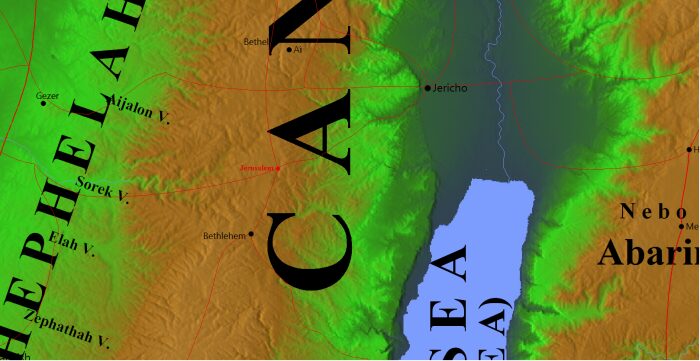All materials in these studies that are not otherwise attributed are © 2014 by Tool Box for Faith. Expressed permission is hereby granted to download and print these materials for personal/congregational use only. If you wish to use any of these materials for any other groups or other purposes, please contact us (gennowdisciples@gmail.com) for permission. In all cases, include this copyright notice and email address with any versions of the material. Thank you.
Section 1: Opening Prayer
Let us pray. Gracious God, you call us to love the other as we love ourselves. Help us to love those who are different from us. Help us to love those who bully us. Help us to love those who are the same as us. Help us to be more like you. Amen.
Section 2: Story
Love your neighbor from Phillip Johnson on Vimeo.
Section 3: Message
Read Luke 10:29–37 This is the story of the Good Samaritan. When we read this story and listen to Jesus say that a man was going down from Jerusalem to Jericho, we need to know that this is not just figuratively, or language Jesus is using. Jerusalem was thought by Jews, in Jesus day, to be the highest point in the world, it actually was higher than Jericho. Look at this Google Map to see a little bit. And look at these images to get a better understanding. Jerusalem is in red on this map.

This closer one is easier to see. Does this story really help us know who our neighbor is? Does it help you to know that Jews thought Samaritans were the scum of the earth and Samaritans felt the same way about Jews? Knowing they didn’t like each other or looked down on each other does that put a new spin on the story? (Answer this question in the comments) Read Matthew 5:43–47 How does it make you feel that Jesus says not only to love your neighbor, but to also love your enemies? Who could we say are our enemies? (answer in the comments below) Is it easy/hard, or just plain foolish, to show love to those who hate you? Catechism connection:
The Fifth Commandment.
Thou shalt not kill.
What does this mean?–Answer: We should fear and love God that we may not hurt nor harm our neighbor in his body, but help and befriend him in every bodily need [in every need and danger of life and body].
Luther expanded on his thoughts in the Large Catechism, “this commandment is violated not only when we do evil, but also when we have the opportunity to do good to our neighbors and to prevent, protect, and save them from from suffering bodily harm or injury, but fail to do so.” (Robert Kolb and Timothy Wengert, eds., The Book of Concord [Minneapolis: Augsburg Fortress, 2000], Large Catechism, 412:189–90).
According to Martin Luther’s explanation of the Fifth Commandment, how do we break the Fifth Commandment?
The Eighth Commandment.
Thou shalt not bear false witness against thy neighbor.
What does this mean?–Answer: We should fear and love God that we may not deceitfully belie, betray, slander, or defame our neighbor, but defend him, [think and] speak well of him, and put the best construction on everything.
What does it mean to put the best construction on everything people do?
Section 4: Learn and Engage
– What are 3 things you learned?
– What is 1 question you still have?
– What part of the lesson did you most identify with?
– What part of the lesson was hardest for you?
– Where have you seen God this week?
Section 5: Closing Prayer
Let us pray. Merciful God,
your Son was gave His life as a ransom for many, and helped all of those in need. Guide us to be just like your Son, to live our lives outloud. To give to the needy, to help the down trouden, to uphold His love for all creation. Guide us to give the mercy we have received from him, Jesus Christ,
our Savior and Lord,
who lives and reigns with you and the Holy Spirit,
one God, now and forever. Amen.